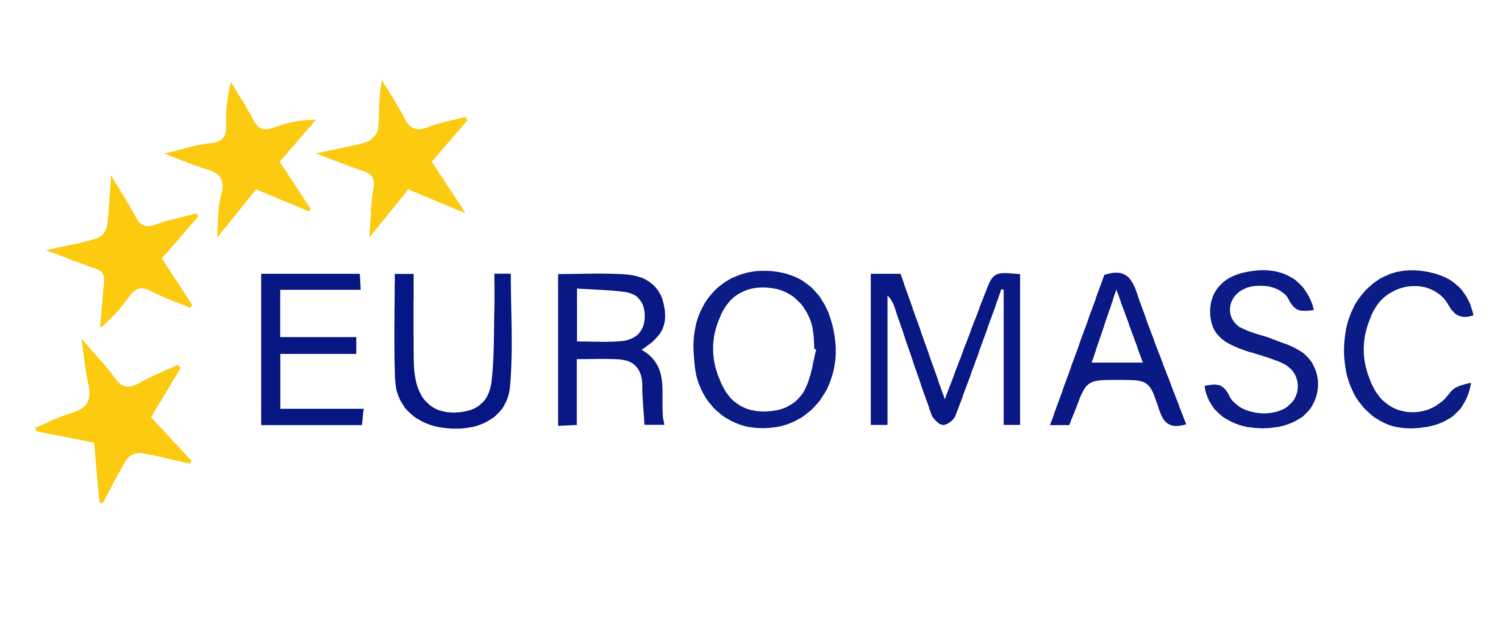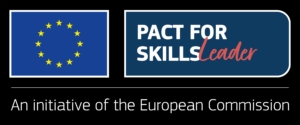Knowledge Intensive Freight Transport SMEs
Leonardo da Vinci Centralised Development of Innovation project (2012-2014) ES, BG, IT, BE, UK, NO
CEEI – Business and Innovation Centre Albacete (www.ceeialbacete.com ) (517589-LLP-1-2011-1-ES-LEONARDO-LMP)
Background and aims
The project aims at creating a new professional figure for the transport sector: the Road Manager for Knowledge-Intensive Freight Transport SMEs (KRIM), endowed with innovative management skills, tools and intervention methods needed in order to face the main trends affecting the sector: (1) Globalisation; (2) Ageing and difficulties in recruiting qualified people; and (3) political and societal demands for sustainability.
The KIRM will be able to create learning conducive environments at the workplace, properly coordinating workers in a safe, sustainable and ethical-oriented way, balancing ‘lean’ thinking with a developmental approach to HR management and improving the image of the sector. Thus resulting in improved working conditions, including health and safety, in the transport sector, and in the creation of preconditions to attracting and retaining a future workforce.
Activities
- Development of sectoral methods for anticipation of skills needs;
- Designing and implementation of specific initiatives that stimulate sector SMEs to invest in training;
- Development of a new model of training provision within an overall lifelong learning strategy for the transport sector, taking into account barriers existing among SMEs;
- Set-up of the EQF of the new professional figure of the MKIS, endowed with more advanced skills needed to: (1) quickly pick up new trends, explore new markets and channels, invest in customer relations, (2) provide attractive working conditions as well as learning-conducive environments, (3) organise the logistics of the transport process to become more environmentally friendly;
- Developing flexible devices for validation, transfer and recognition of learning outcomes, using ECVET principles;
- Development of the Info-Formative Toolkit for the new KRIMS – with a strong use of simulation and blended learning modalities;
- Training up to 200 KRIMs at EU level
- Set up of an European Peer-Development Network for KRIMs.

